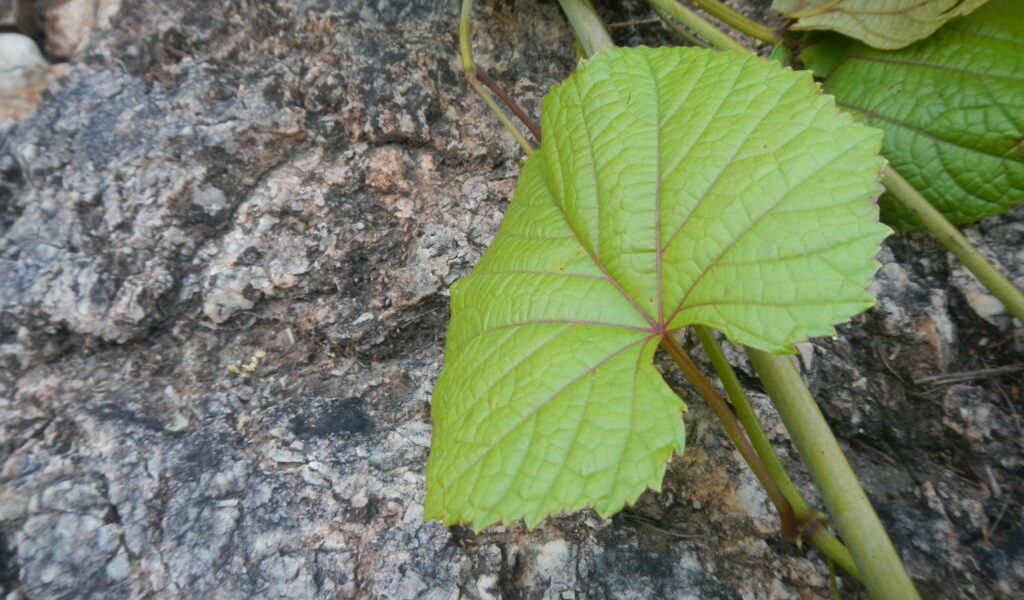
Algae are a diverse group of aquatic organisms that have the ability to conduct photosynthesis. Certain algae are familiar to most people; for instance, seaweeds (such as kelp or phytoplankton), pond scum or the algal blooms in lakes. However, there exists a vast and varied world of algae that are not only helpful to us, but are critical to our existence. The term “algae” covers many different organisms capable of producing oxygen through photosynthesis (the process of harvesting light energy from the sun to generate carbohydrates). These organisms are not necessarily closely related. However, certain features unite them, while distinguishing them from the other major group of photosynthetic organisms: the land plants. The majority of algae live in aquatic habitats.
As Food:
Current agricultural and food production practices are facing extreme stress, posed by climate change and an ever-increasing human population. The pressure to feed nearly 8 billion people while maintaining a minimal impact on the environment has prompted a movement toward new, more sustainable food sources. For thousands of years, both the macro (seaweed and kelp) and micro (unicellular) forms of algae have been cultivated as a food source. Algae have evolved to be highly efficient at resource utilization and have proven to be a viable source of nutritious biomass that could address many of the current food production issues. Particularly for micro-algae, studies of their large-scale growth and cultivation come from the bio-fuel industry; however, this knowledge can be reasonably translated into the production of algae-based food products. The ability of algae to sequester CO2 lends to its sustainability by helping to reduce the carbon footprint of its production. Additionally, algae can be produced on non-arable land using non-potable water (including brackish or seawater), which allows them to complement rather than compete with traditional agriculture. Algae inherently have the desired qualities of a sustainable food source because they produce highly digestible proteins, lipids, and carbohydrates, and are rich in essential fatty acids, vitamins, and minerals. Although algae have yet to be fully domesticated as food sources, a variety of cultivation and breeding tools exist that can be built upon to allow for the increased productivity and enhanced nutritional and organoleptic qualities that will be required to bring algae to mainstream utilization. Here we will focus on micro-algae and cyanobacteria to highlight the current advancements that will expand the variety of algae-based nutritional sources, as well as outline various challenges between current biomass production and large-scale economic algae production for the food market.
As Bio-Fuel:
In recent years, algae has emerged as a potential renewable and less polluting energy resource. Some species have high levels of fat, carbohydrates and proteins that can produce up to 30 times more energy than other bio-fuels. And algae, unlike corn and soy-based bio-fuels, can thrive well in a variety of environments (including otherwise unusable waste or brackish water). Combined, the high-energy content and abundance of algae make it a promising alternative to current fuel sources.
Some companies are hoping it could be produced at an industrial level. They cultivated it in artificial light, feeding it a mixture of glycerol, yeast and various chemicals. They then extracted the functional fats and converted them into biodiesel. The researchers calculated the energy required during each stage of the process and the carbon emissions produced from burning the resulting biodiesel. They concluded that the production process required more energy than the final product generates, and that total emissions produced during the production and combustion phases of the algae surpassed those of traditional petroleum diesel.
The extraction of the algae bio-molecules may involve the use of harsh chemicals or solvent, and that the growth of algae may also require chemicals like fertilizers and pesticides, which can have adverse effects on aquatic ecosystems if they get into surrounding water bodies through runoff, or if they accumulate in the algae biomass. Mechanical procedures require fewer chemicals but are less effective at separating the diverse array of materials within the algae. Also, cultivation of algae on a large scale uses large amounts of electricity as it often relies on artificial lighting to ensure optimal and controlled growth conditions. Moreover, the space required to grow and process algae on a commercial scale can also be a significant environmental concern. Large-scale algae cultivation facilities often occupy substantial land areas or require dedicated infrastructure such as ponds, bioreactors or photo-bioreactors.
Despite the promise that algae holds, there is a clear need for technological advancements across the entire supply chain. Techniques for seaweed cultivation, harvesting and transportation must be made more efficient. Several laboratories have been cultivating and manipulating particular strains of algae to genetically maximize the production of fuel bio-molecules and other bio-products. Additionally, improvements in pretreatment methods, co-digestion processes, and the development of eco-friendly extraction techniques are essential. Furthermore, advancements in fuel conversion technologies are necessary to ensure that the algae is economically viable and able to be implemented into the current infrastructure. With these changes, perhaps we will see the rise of algae-based bio-fuels in the future.
Matter referenced from:
- Crisandra J. Diaz et.al. Jan. 2023. Developing algae as a sustainable food source. Frontiers in Nutrition (Journal).
- P.K. Richmond/Grace Wu. May 2024. Algae: King of Renewable Bio-fuels or Fad gone by. https://emagazine.com/algae-once-future-king-of-renewable-biofuels-or-fad-gone-by/
By: Dr. Bhawana Asnani.
Happy to see Reviews, Additions, Suggestions and Comments, fur

Leave a Reply
You must be logged in to post a comment.